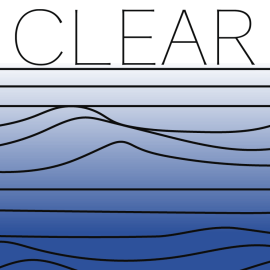While many organizations and service groups in the province organize periodic beach clean ups, there has been, to our knowledge, little effort to inventory and characterize the marine debris that makes its way to the shores of Newfoundland. The extensive coastline of Newfoundland and Labrador (~17,540 km), makes it impossible for a single team of researchers to effectively survey marine debris. Citizen science, were ordinary people do systematic data collection, makes this research possible.
Yet, a major challenge with citizen science is maintaining and understanding data quality, particularly as it relates to the issue of classification.
Marine debris can be classified various ways. For example, debris can grouped into categories based on type of object, size, colour, degree of erosion, material (e.g., plastic, metal, wood), type (e.g., fishing gear, household garbage, containers, industrial), or type of impact (e.g., choking hazard, contaminant). There are likely other classifications possible that are of concern to citizens.
This project, lead by Drs. Yolanda Wiersma, Max Liboiron, and Jeffrey Parsons (Memorial University of Newfoundland), tests three different ways of classifying marine waste to determine how different methods of classification affect different dimensions of data quality (there are many dimensions to data quality; here we will focus on accuracy and completeness) and highlight different areas of common knowledge and concern for citizen scientists. At each shoreline clean up, volunteers use one of three methods to categorized data: the Marine Debris Tracker app, a paper form based on the Marine Debris Tracker, and an open format where no categories are determined in advance. This comparison enables us to assess how constrained vs. open-choice classification systems and different platforms (paper vs. digital) affect data accuracy and completeness, and how these classification schema frame participant’s understandings of what they are cleaning up. At the same time, we gain knowledge of what kind of waste is on Newfoundland shorelines.
Our first event was held November 4, 2015. Thank you to all our volunteers! The data will be posted here as it becomes available. For future events, see the Citizen Science in Newfoundland Facebook page or contact the project leaders listed below.
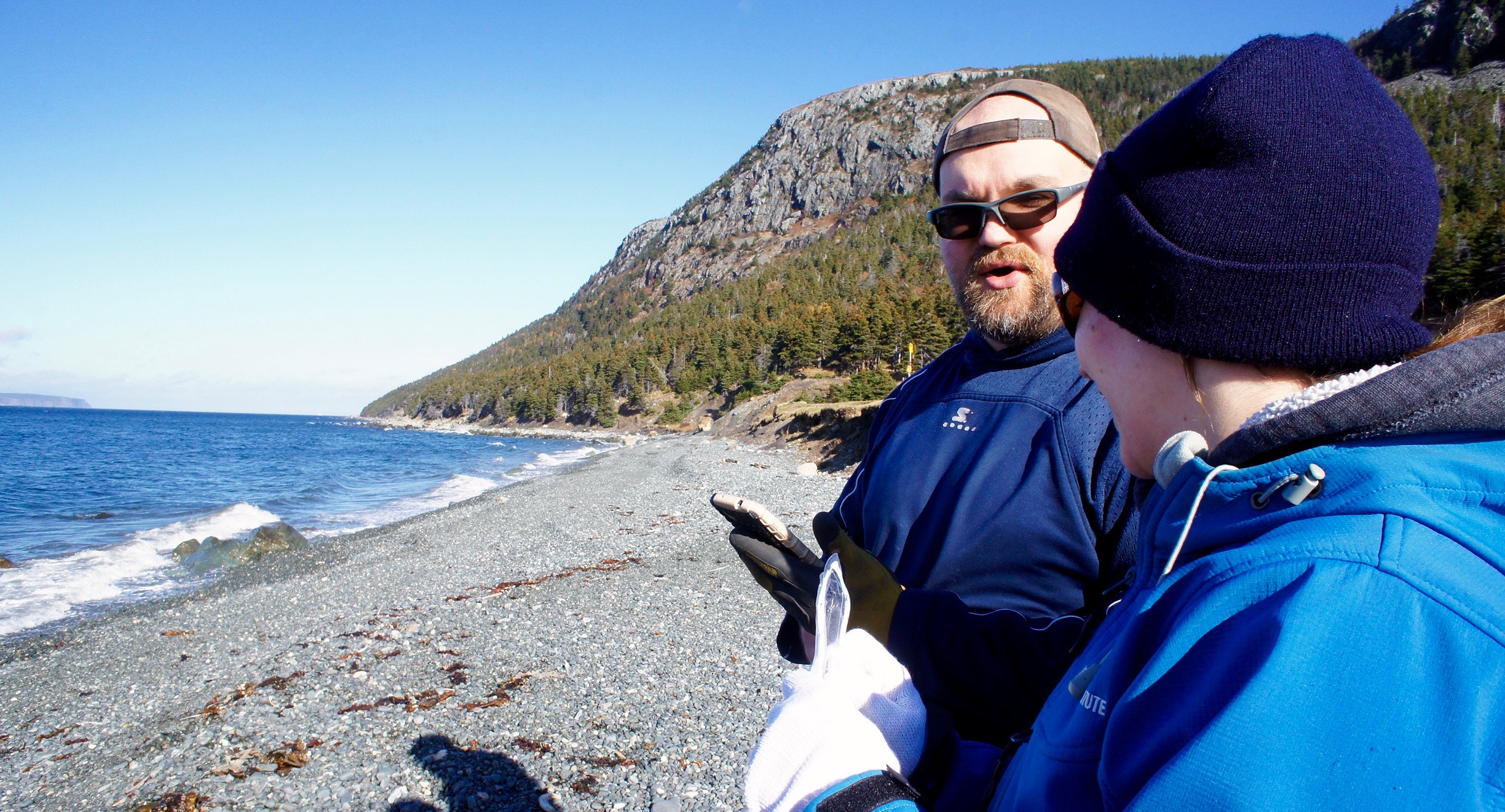
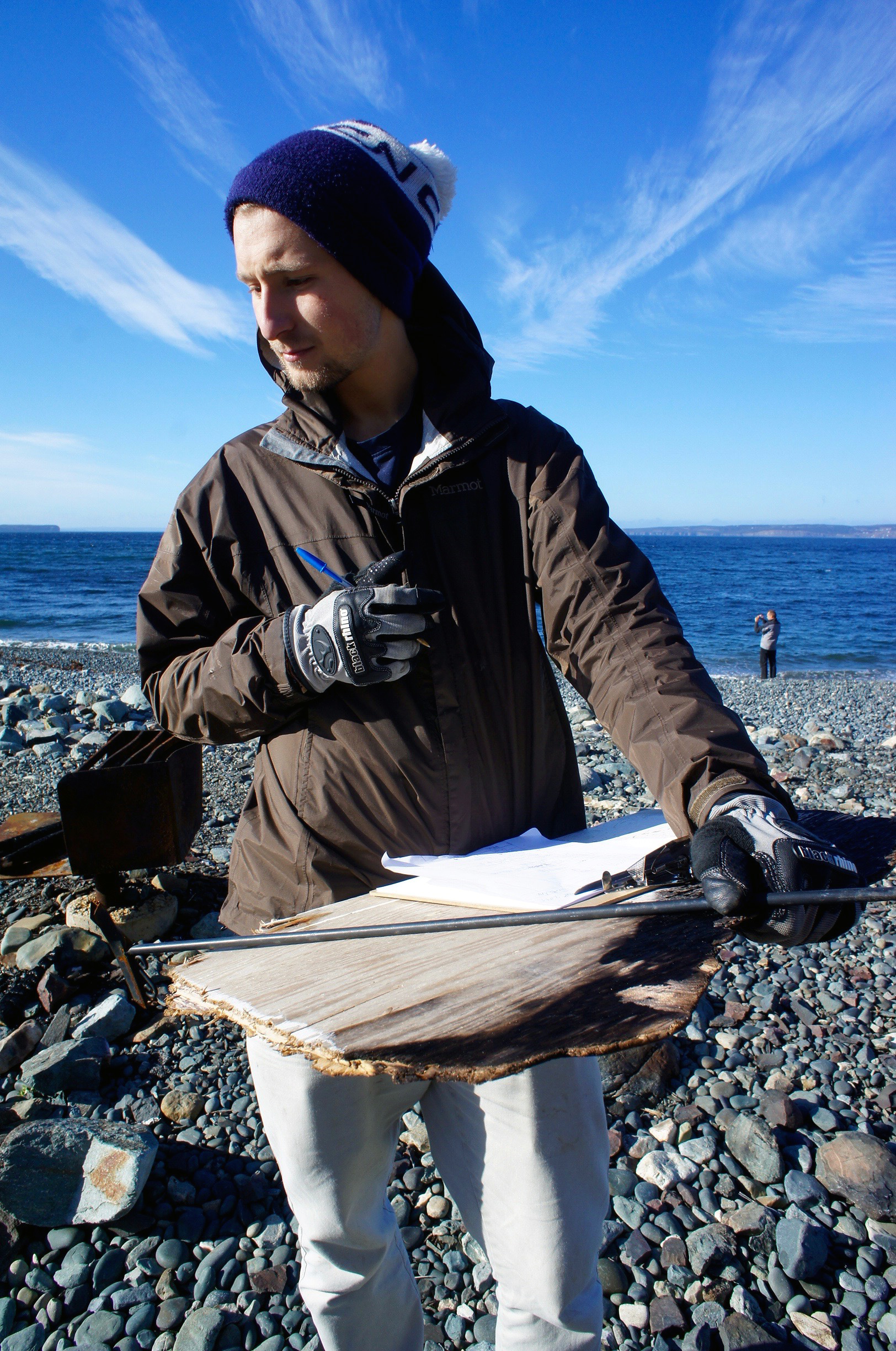
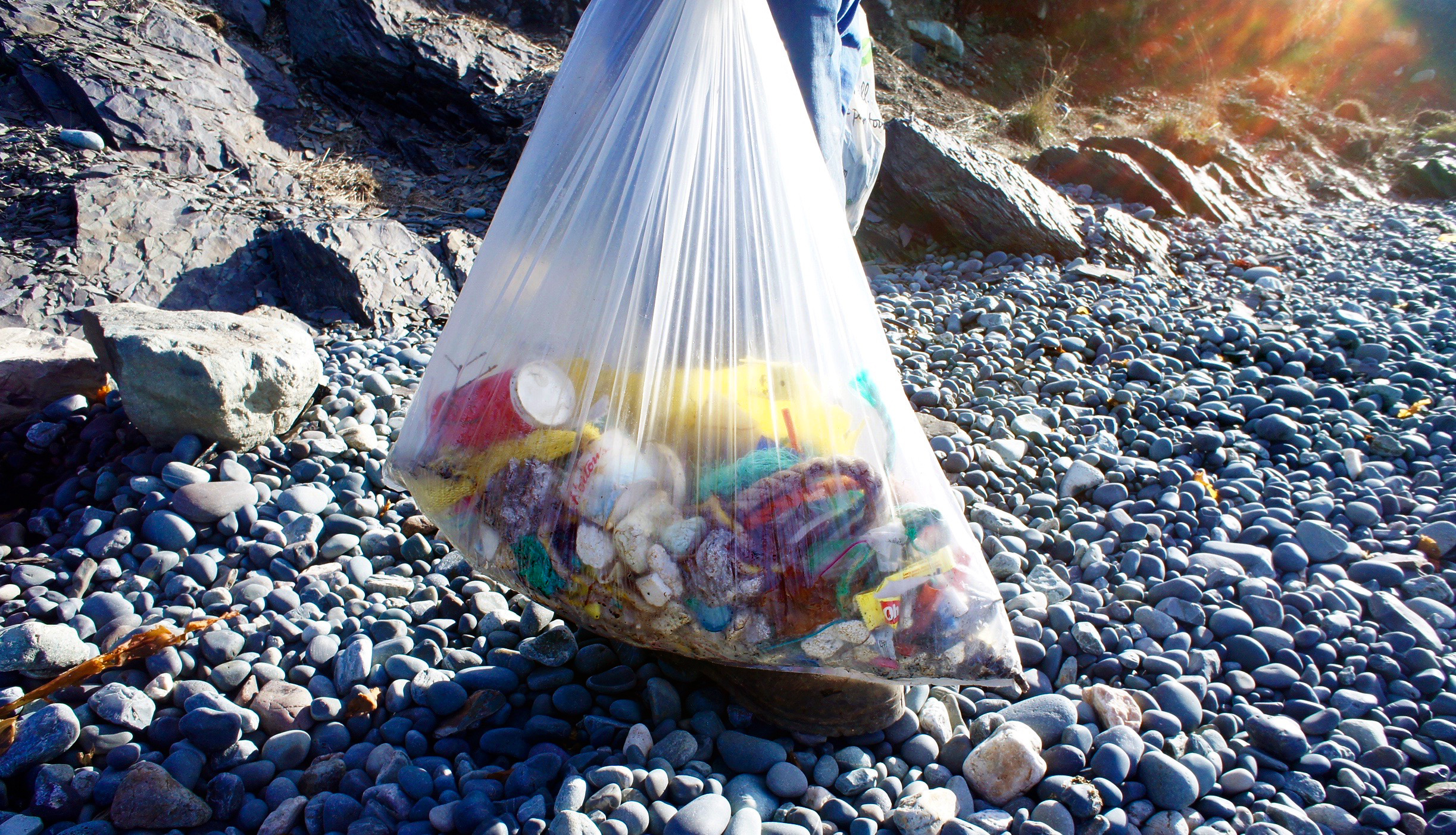
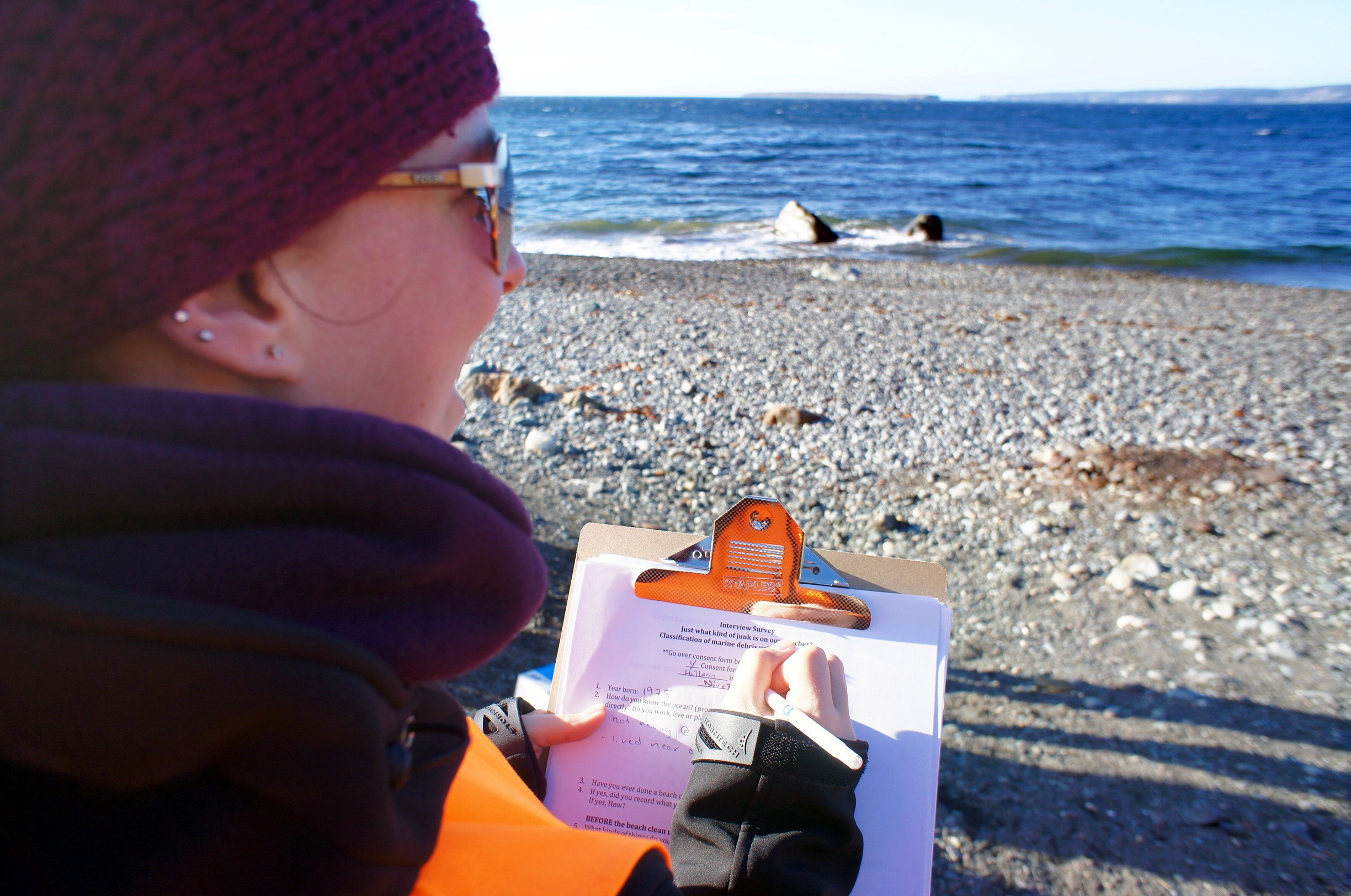


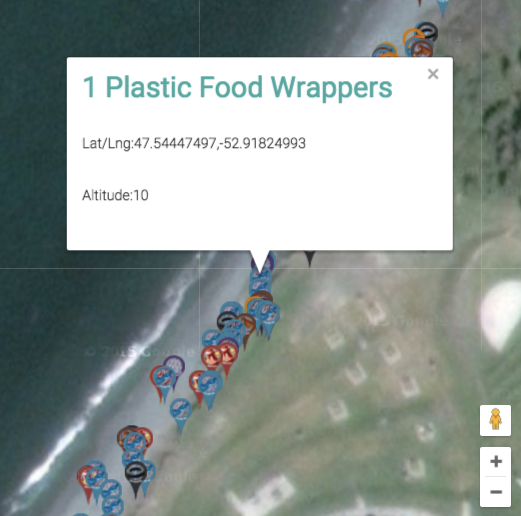
Project Leaders:
- Dr. Yolanda Wiersma, Biology, MUN, ywiersma@mun.ca
- Dr. Max Liboiron, Sociology, MUN, mliboiron@mun.ca
- Dr. Jeffrey Parsons, Business Administration, MUN, jeffreyp@mun.ca
This project is funded by: Memorial University of Newfoundland Seed, Bridge and Multidisciplinary Fund
